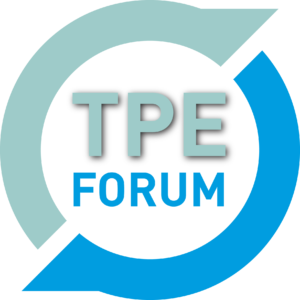Evonik announced that it has developed the world’s first flexible plastic material based on PEBA (polyether block amide) for use in 3D printing. According to the manufacturer, the powder stands out for its high elasticity and strength and is suitable for a variety of powder-based 3D printing technologies.
3D printed parts made from the PEBA powder show a high degree of flexibility, good resistance to chemicals and durability over a wide temperature range from –40 °C to 90 °C. The powder is also suited for the manufacture of functional 3D plastic parts – for prototypes as well as series products, said the company.
“Flexible polymer materials significantly expand the options for additive manufacturing because they allow us to realize new, demanding applications in attractive markets,” said Fabian Stoever, senior product manager for polymers at EOS. “In addition, the variety of materials not only enables us to produce individual high-tech functional components, but also to develop much more sophisticated 3D concepts that make use of the entire material range.”
The PEBA material is suitable for a variety of powder-based 3D printing technologies such as laser sintering (LS), high speed sintering (HSS) or binder jetting. The flexible synthetic powder was optimised for use in EOS laser sintering systems as part of a development collaboration between the speciality chemicals company and the technology provider for industrial 3D printing of metals and polymers. It has been adopted into the material portfolios of multiple service providers, said Evonik. EOS markets the powder material under the name PrimePart ST.
Evonik also offers polyamide 12 powders (PA 12), which have been used in 3D printing for over 20 years. The company produces the powder materials at its largest global site, the Marl Chemical Park in Germany.
| Evonik at Fakuma 2018 Hall A4, stand 4117 |
